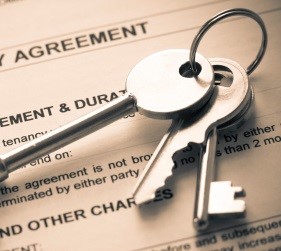How do I extend the lease on my flat?

As the remaining years on a lease decrease, so does the value of the leasehold. Accordingly, the law provides you, as a leaseholder, the statutory right to extend the lease. If the remaining lease term is below 90 years, we recommend you investigate extending your lease. Many mortgage lenders require at least 70 years or more remaining on the lease, therefore you could find your leasehold flat is difficult to sell or remortgage should the term of the lease be around 70 years or less. Furthermore, should a lease get to 80 years or below you will find that the premium payable to the landlord increases significantly, therefore you should begin to investigate extending your lease sooner rather than later.
We can assist you in obtaining a lease extension to protect the value of your property. The Leasehold reform, Housing and Urban Development Act 1993 (amended by the Commonhold and Leasehold Reform Act 2002), entitles a Leaseholder (i.e. you as the property owner) the right to apply to the landlord for an extension of 90 years to the existing lease term at a peppercorn ground rent.
What is the criteria?
1. Your lease must have been granted for a term of 21 years or more (a long lease).
2. Your property must be a flat.
3. You must have owned the lease for a continuous period of two years or more.
NB: There is no need for the leaseholder to be a resident in the property (i.e. you can be a buy-to-let landlord). Your legal advisor will be able to assist with finding out whether you qualify.
It is also possible to negotiate a lease extension with the landlord outside the 1993 Act, subject to the landlord being willing to do so. However, the terms of the extended lease when negotiated privately may differ from the rights available under the 1993 Act. We are able to explain both options to you, and the benefits and disadvantages of each option, so that you can make an informed decision on the best way to proceed.
What costs are involved?
There are a number of costs involved in extending your lease:-
- You will have to pay the landlord a premium representing the cost to the landlord of extending the lease. We recommend you obtain the advice of a professional lease extension surveyor to provide guidance on valuations.
- In addition to the premium, you will incur legal fees, the administrative costs of any mortgage lender whose consent will be required, the landlord’s legal and administrative costs and Land Registry fees. There may also be stamp duty land tax payable on the premium you pay for the lease extension.
Lease extensions are a complicated area of law and we recommend you take early advice. To find out more or discuss your individual requirements in further detail please call us on 01603 610911 or email me directly at chalton-farrow@leathesprior.co.uk.

